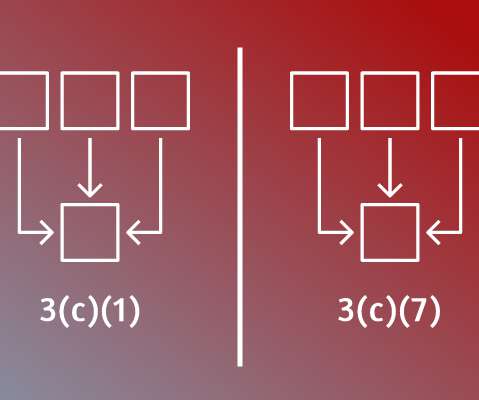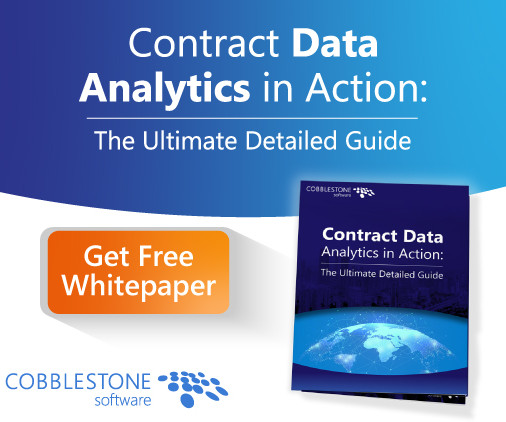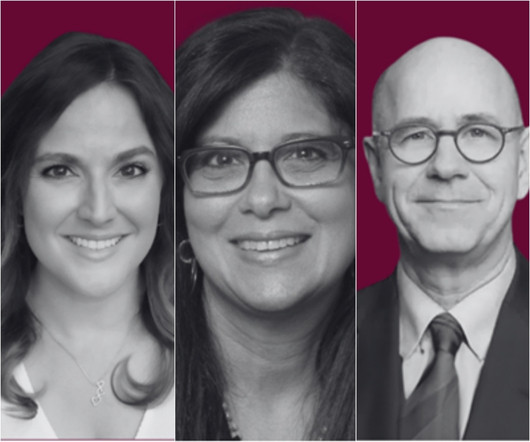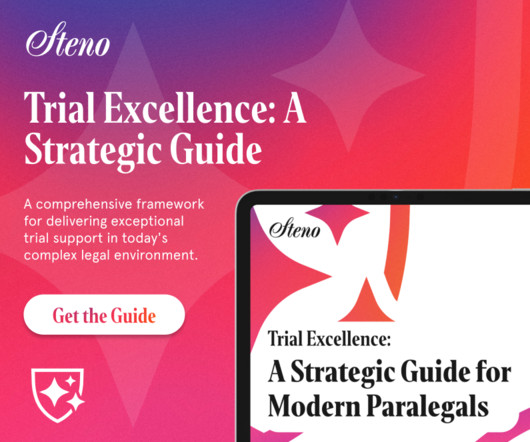Who Gives a Damn About Paralegal Ethics?
The Paralegal Society
SEPTEMBER 24, 2017
I stand here, on the screen before you today, because I have the immense privilege of addressing each of you, individually, and a cross-section of the profession, collectively, in this way. I have also earned myself the obligation to do so. Even when it’s uncomfortable. Even when it’s not popular. Even when it’s somewhat controversial. And most importantly, when others don’t seem to be talking about the things that affect our profession at all.





































Let's personalize your content